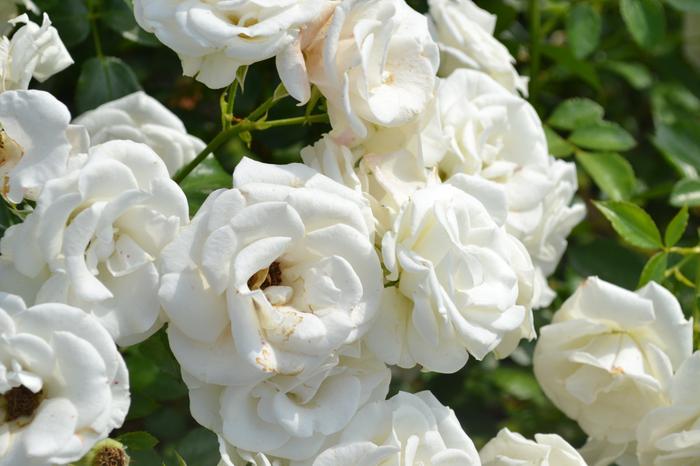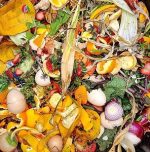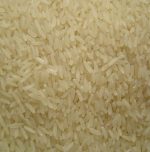Turning temple waste into wealth: A sustainable initiative

India’s generous temple offerings, estimated at 800 million tonnes of flowers annually, pose an environmental challenge.
Temples, mosques, and gurudwaras receive these offerings, including roses and marigolds, along with vermilion packets and synthetic materials.
When these sacred offerings become waste, they create a significant environmental issue.
Since temple waste is considered sacred, dumping it in landfills is discouraged.
Instead, most temples dispose of their waste in local water bodies. Many temples in the Ganga basin dump their daily waste directly into the river without segregation.
This practice exacerbates pollution, contributing 16% of the total pollutants in the Ganga. Rotting flowers degrade water quality, while pesticides harm marine life.
However, the Art of Living Foundation, in collaboration with entities like Coal India, is turning this waste into wealth through a solid waste management project.
This initiative collects temple waste, processes it into organic manure, and employs local workers.
The project involves collecting waste, sending it to processing units, shredding it, and using bio-enzymes to break down the waste into organic manure.
Targeting major temples like Kashi Vishwanath in Uttar Pradesh and Kamakhya Temple in Assam, this initiative aims to manage large volumes of waste and prevent water pollution.
Currently, about 35 people are employed across seven temples for waste segregation and processing.
Kashi Vishwanath has been the most challenging project, generating about two tonnes of waste daily.
Removing this waste from the crammed temple complex is difficult. This initiative prevents approximately 730 tonnes of waste annually from entering the Ganga or landfills.
Devotees and local businesses are willing to buy the manure, knowing it is made from flowers offered to deities.
However, sustaining a processing unit with waste from one temple is challenging. Therefore, the project is expanding to include smaller temples nearby.
The project that started at Ajmer Sharif, receives three to five tonnes of roses daily.
This initiative not only protects water bodies from waste but also provides employment and produces valuable organic manure, showcasing a sustainable solution to temple waste management.
Image from Pxhere (Free for commercial use / CC0 Public Domain)
Image Reference: https://pxhere.com/en/photo/865612









Leave a Reply